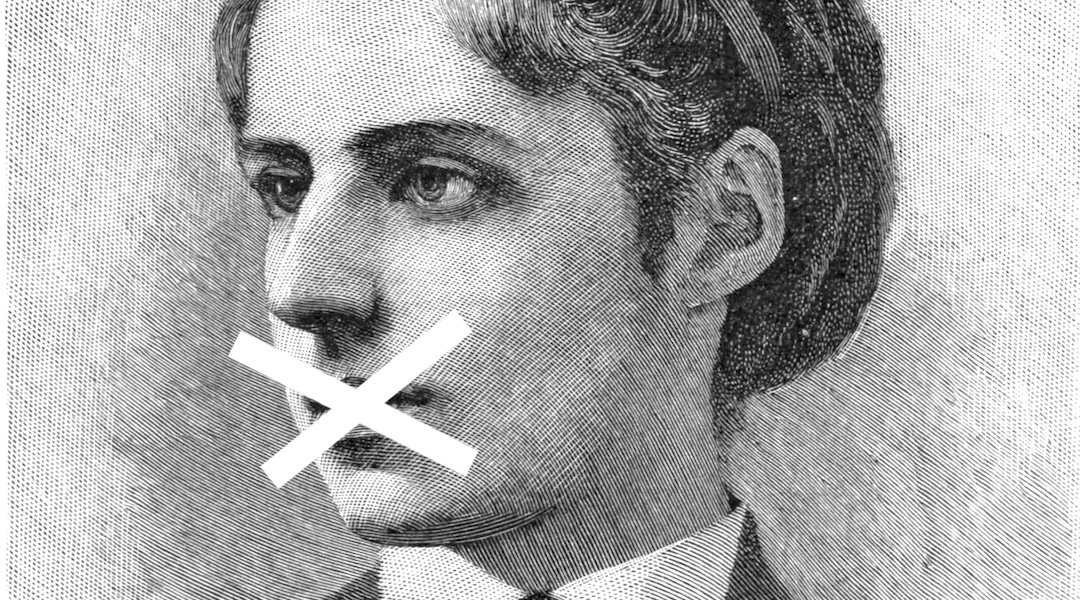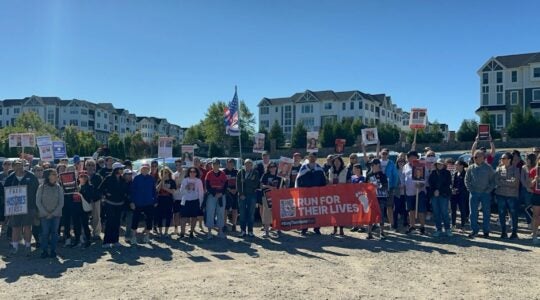History is powerful, and there’s no better evidence than the attempt to erase it.
As a historian and as CEO of the Jewish Women’s Archive, I’ve staked my career on a theory of change that insists that the stories we tell about the past and the present determine our futures. That’s why I am alarmed — but not surprised — that the Trump administration has made it a priority to wipe mentions of women, transpeople and people of color from sites that celebrate their contributions to American history and society.
In an executive order, Donald Trump says he is “restoring truth and sanity to American history” by cracking down on the Smithsonian and other institutions that have sought to complicate and diversify the stories they tell in recent years.
It’s clear to me that doing so is a key element of Donald Trump’s strategy to undermine the resources Americans have to resist his policies, for when we are deprived of a history that reflects the diverse leaders who made change in the past, our capacity to make change today is diminished.
Of course, the contributions of women and other marginalized people can’t be erased from history with an executive order prohibiting certain words or terms. It’s an absurd notion, the delusion of a narcissist convinced of his own absolute power to determine reality. But it is nevertheless an act of violence, one that works hand in hand with the sowing of disinformation that is Trump’s trademark and the undermining of expertise that drives the work of DOGE.
One of the many lessons history teaches us is that when people’s stories are obliterated, their rights are not far behind. It is instructive, resonant, and, frankly, terrifying, to recall that the first Nazi book burning took place in 1933 at the Institute of Sexual Science in Berlin, founded by the Jewish LGBTQ pioneer Magnus Hirshfeld. Or that Emma Goldman’s magazine, Mother Earth, was banned two years before her U.S. citizenship was revoked and she was deported.
Those who fight for survival understand implicitly that their stories are a key tool of resistance. This understanding is why Miriam Novitch smuggled underground publications in Occupied France during World War II and devoted her later years to collecting testimonies and artwork for the Ghetto Fighters’ House collection. It is why South African Fanny Klenerman ran a bookshop to foster anti-apartheid activism. It is why civil rights activists in the United States, including many Jews like Vicki Gabriner, created Freedom Schools in American communities in the South.
I wrote this in the waning days of Women’s History Month 2025. While focusing on a marginalized group for one month doesn’t correct history’s incompleteness, ideally it makes us more attuned to the absences in our narratives during the rest of the year and helps us notice other voices that are missing. Hearing others’ stories helps us build empathy and recognize our common humanity. It is a much-needed bulwark against polarization and distrust. This is how movements like feminism have inspired further liberation beyond their initial focus.
My own work at JWA is not changing now that the calendar has turned to April, but many institutions will no doubt relax their efforts to highlight women’s stories and lift up their voices. This year, it’s more urgent than ever that we take the message of Women’s History Month to heart and redouble our commitment to documenting and amplifying the stories that are being erased. It’s actually simple: Seek out and highlight the stories of those groups who are being erased. Notice who you’re quoting, inviting to speak, talking about, and hiring, and center those who are being sidelined elsewhere. We make choices every day about which voices to amplify. Be intentional in your choices.
Above all, don’t forget that we are all history makers. Together we have the power to create a different story than the one unfolding around us today.
JTA has documented Jewish history in real-time for over a century. Keep our journalism strong by joining us in supporting independent, award-winning reporting.







